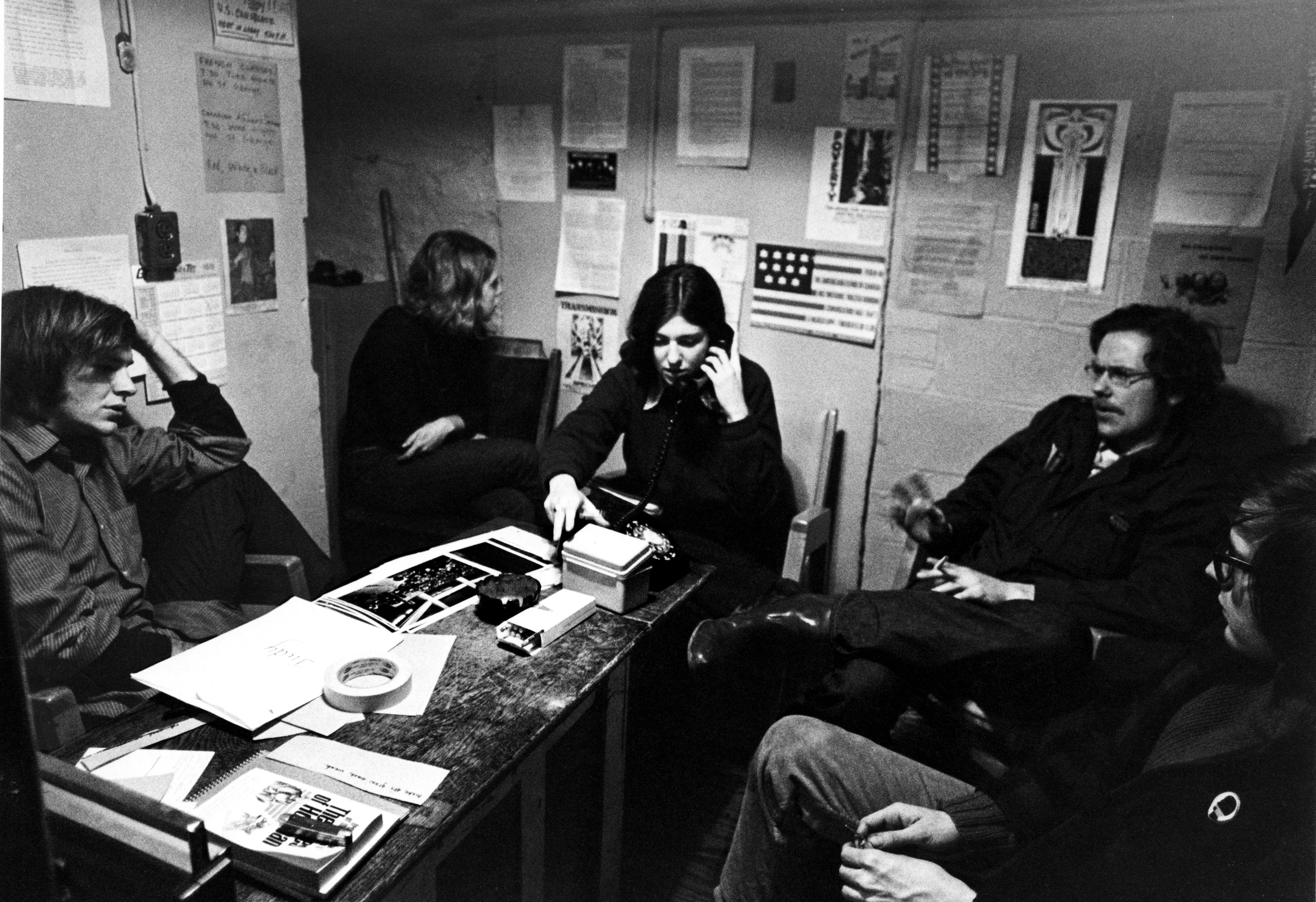
Draft evasion in the Vietnam War
Draft evasion in the Vietnam War was a common practice in the United States and in Australia.[2] Significant draft avoidance was taking place even before the United States became heavily involved in the Vietnam War. The large cohort of Baby Boomers and late Silent Generationers allowed for a steep increase in the number of exemptions and deferments, especially for college and graduate students.[3] More than half of the 27 million men eligible for the draft during the Vietnam War were deferred, exempted or disqualified.[3]
Draft evasion in the Vietnam War
1965–1973
Avoid military deployment in the Vietnam War
- Immigrating to Canada or Sweden
- Attempting deferment
- Conscientious objection
- Draft-card burning
- Enlisting in the United States Coast Guard or the United States National Guard
General
- Disruption -- and eventual termination -- of the draft (military conscription).
- Lowered military personnel
Specifics
- More than half of 27,000,000 available men deferred from the draft
- 60,000–100,000 men emigrate from the United States
Evasion in the United States[edit]
Penalties and rate of prosecution[edit]
A distinction is made between draft evaders and draft resisters. There were millions of men who avoided the draft, and many thousands who openly resisted the conscription system and actively opposed the war.[9] The head of U.S. President Richard Nixon's task force on the all-volunteer military reported in 1970 that the number of resisters was "expanding at an alarming rate" and that the government was "almost powerless to apprehend and prosecute them".[10] It is now known that, during the Vietnam era, approximately 570,000 young men were classified as draft offenders,[3] and approximately 210,000 were formally accused of draft violations;[11][3] however, only 8,750 were convicted and only 3,250 were jailed.[3] Some draft eligible men publicly burned their draft cards, but the Justice Department brought charges against only 50, of whom 40 were convicted.[12]
Enlisting to evade[edit]
As U.S. troop strength in Vietnam increased, some young men sought to evade the draft by preemptively enlisting in military forces that were unlikely to see combat in Vietnam, such as the Coast Guard,[13] though Coast Guardsmen had to maintain readiness for combat in Vietnam,[14] and some Coast Guardsmen eventually served and were killed there.[13] Similarly, the Vietnam-era National Guard was seen by some as an avenue for avoiding combat in Vietnam,[15] although that too was less than foolproof: about 15,000 National Guardsmen were sent to Vietnam before the war began winding down.[15]